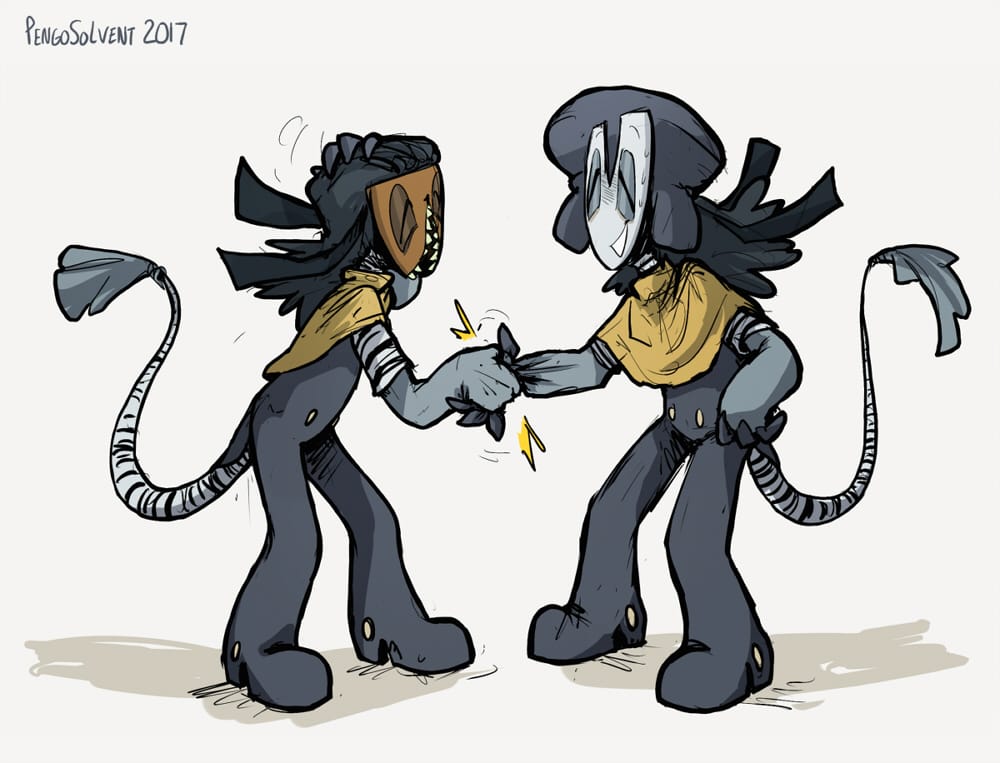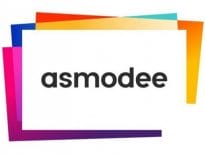 It’s not easy being an independent tabletop game publisher or designer and one of the many significant challenges to crack is distribution.
It’s not easy being an independent tabletop game publisher or designer and one of the many significant challenges to crack is distribution.
There are some well-known consolidators in the tabletop games industry; PSI, Hit Point and Impressions. Impressions are the company behind Free RPG Day. The problem with getting access to these guys is size and risk. These consolidators need to be able to buy a large amount of stock from you in order to supply their distributors and they carry the financial burden of doing that. To mitigate that risk the consolidators strongly prefer only to buy from companies with one or two proven hits.
Last year, on Board Game Geek, Gil Hova of Ingredient X explained the issue;
Most distributors won’t talk directly to you unless you have a hit. Some won’t pick you up unless you have at least two.
Until you hit that level, you have two options. If your print runs are relatively small (under 3k units), sell direct. Kickstarter, Amazon, Shopify, and so on. Lots of conventions too, to raise awareness. You won’t sell a lot of copies, but you’ll get the maximum margin off each one. This is the CAH/Tim Fowers model.
If you have a larger print run, you might be able to get away with using a consolidator like Impressions, GTG, or Hit Point. (PSI won’t talk to you unless you have several products in stock that are known sellers.) You’ll get a much smaller margin (about 35% of MSRP, depending on the consolidator), but you’ll be with all the distributors, as they can bundle your game with other products from the same consolidator.
In this case, you’ll want to implement a minimum freight policy. Be sure your consolidator charges shipping on any order below a certain threshold – $500-1000 isn’t bad. If you pay shipping on a bunch of small orders, you will lose money. Yes, that’s a lesson I learned the hard way!
The Indie Game Alliance has found another way. The IGA represents 977 smaller independent tabletop developers and publishers and has just signed a deal with Golden Distribution.
The IGA will provide Golden with a carefully formatted inventory of items available from their members and when a retailer purchases from that list, Golden simply informs the IGA and then the IGA ships the game. The IGA do make a margin on the deal, the difference between the cost of buying the game and the price of selling it but this is mostly used to cover the free shipping distributors expect.
A blog post from the IGA reminds that not every single publisher in the alliance will benefit from this model. Only those who are IGA Pro members and those who products are stocked by the group will appear on the new list of inventory options for Golden.
The IGA has a guide for working them with on their site which is probably working checking out.
Creative Commons image by Pengo.
